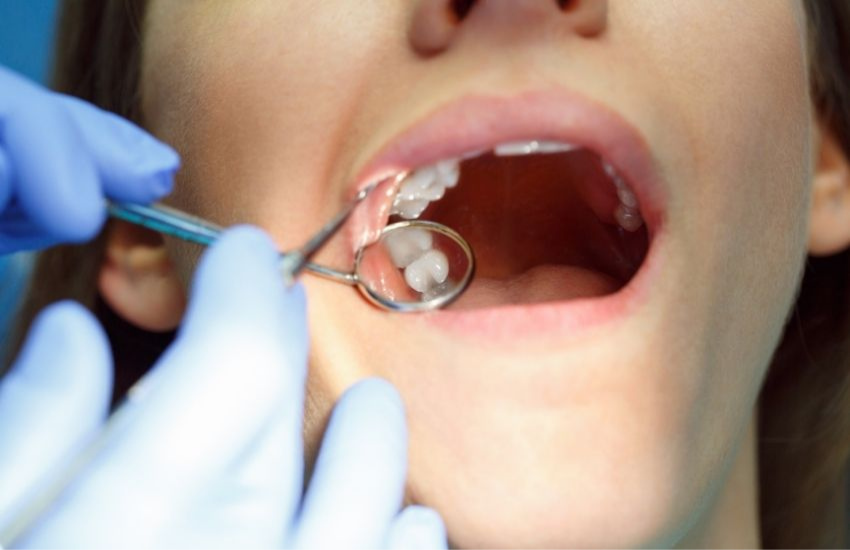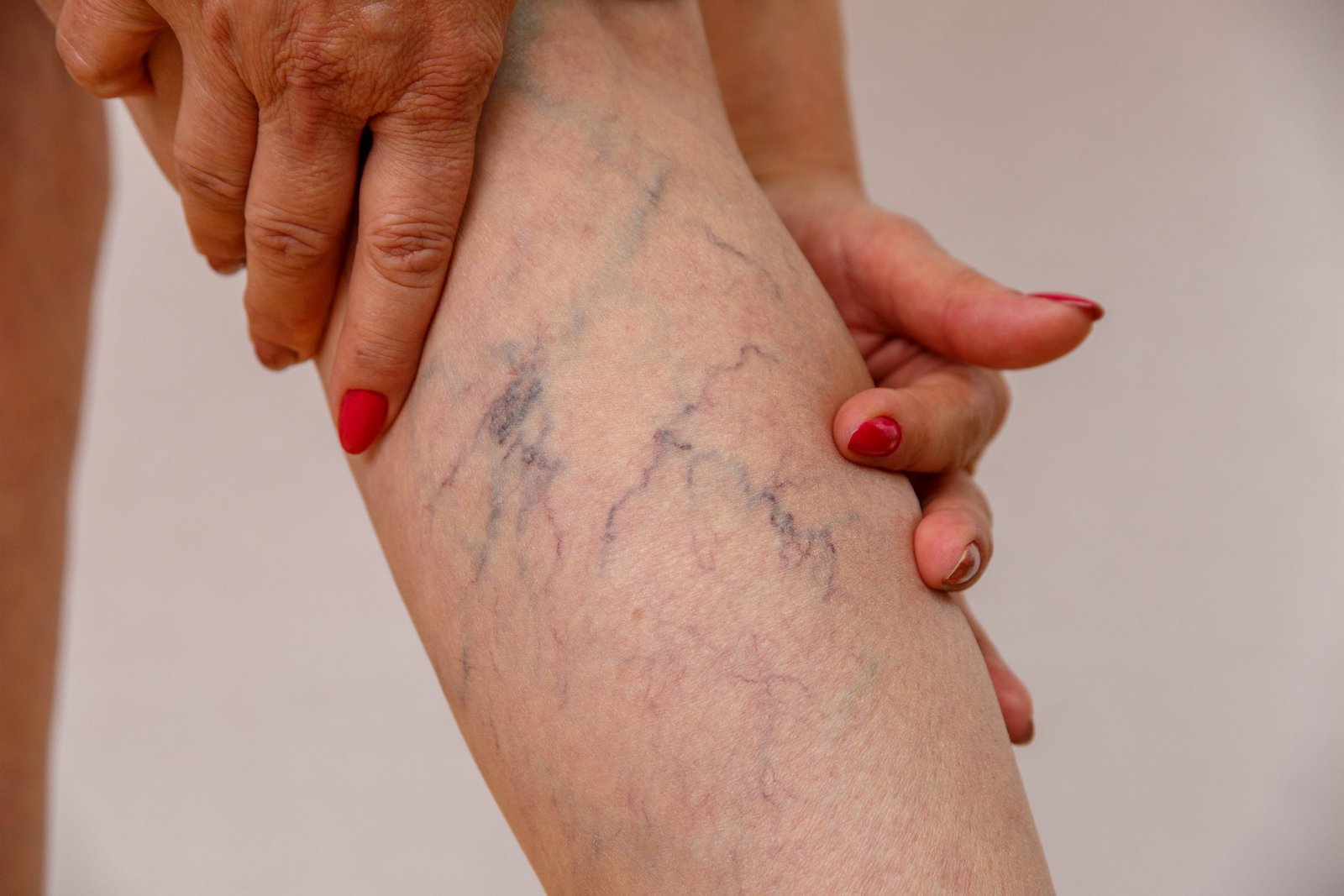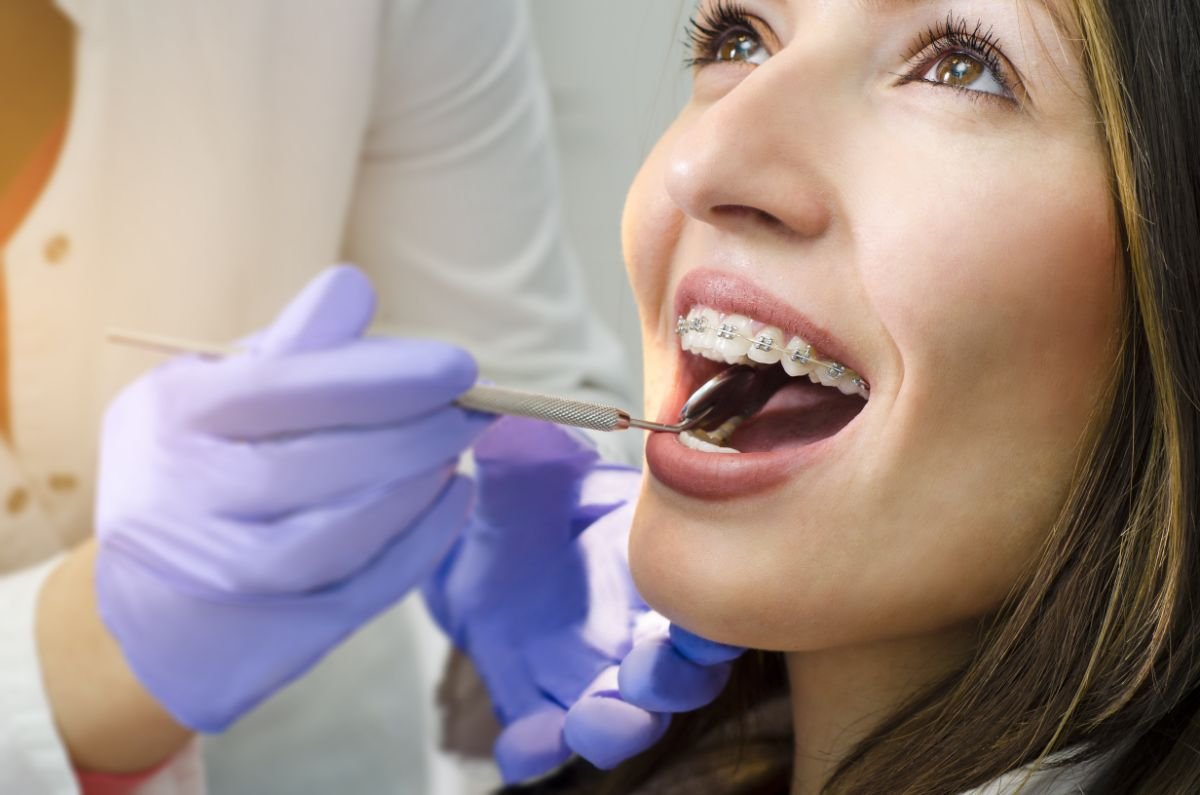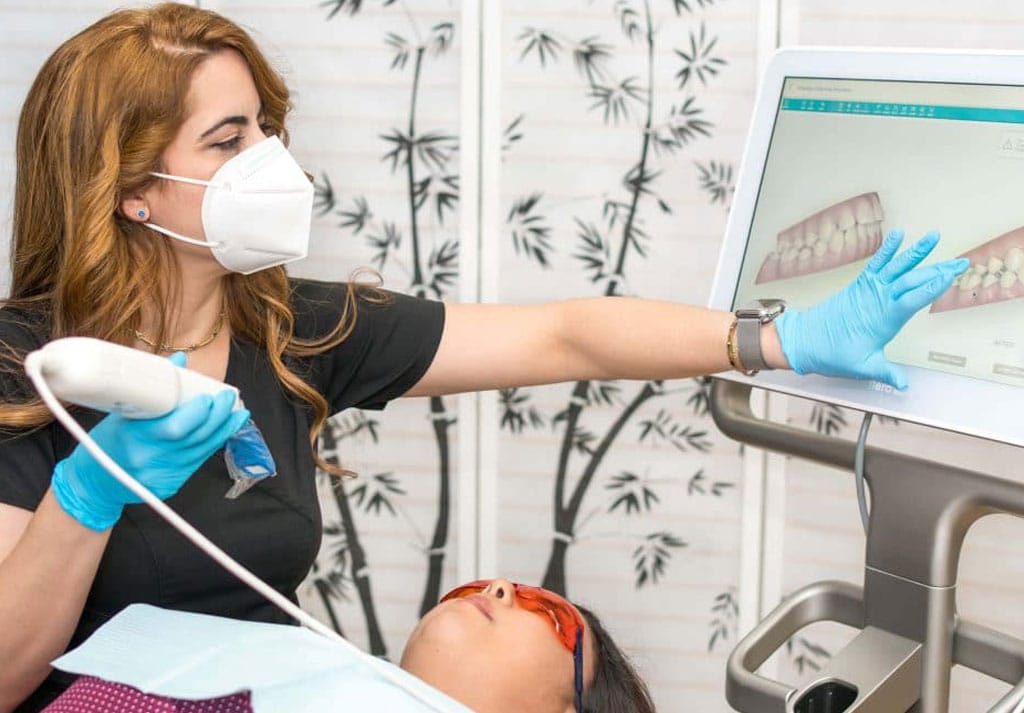On how to aid Wisdom Teeth Removal Recovery, people should seek help from their dentist or oral surgeon. They should provide detailed instructions on how to take any medications and how to promote healing.
- Biting on a gauze pad at the removal or extraction area for up to 60 minutes is beneficial for the Wisdom Teeth Recovery.
- The trauma caused by wisdom teeth may cause some swelling. A dentist or surgeon may also suggest an ice pack, cold compress, or ice chips for the first few hours after the tooth removal procedure.
- Holding an ice pack to the outside of the face for 15 minutes and 15 minutes off over the extraction site will help reduce discomfort and swelling.
- Suppose someone has been in the hospital for Wisdom Teeth Removal surgery and received a general anesthetic. In that case, they will experience no pain and have no memory of the procedure.
What anesthetics does the dentist use before the wisdom teeth removal procedure?
Your operation or surgery should take no more than 45 minutes. You’ll either be given medications through a vein or breathe gas with a mask. You’ll be sound asleep for the entire period, and you might not wake up for an hour. The dentists will give you one of the following types of anesthetic to keep you pain-free during the procedure:
Your dentist will use local anesthetics such as novocain, lidocaine, or mepivacaine to numb your mouth. Your dentist may ask you to inhale nitrous oxide, most popularly or commonly known as laughing gas. This may help you relax or perhaps sleep during your procedure. Shortly after that, you should feel more alert.
IV sedation: The surgeon or dentist will numb your mouth and administer medicines to make you sleepy through a vein in your arm. During the operation, you may fall asleep.
General anesthetics. The dentist may give you general anesthesia in exceptional cases. You may inhale the medications; have an IV line in your arm, or both. Then you will lose consciousness. Your surgical team will monitor your breathing, medication, fluids, temperature, and blood pressure.
What happens after the wisdom tooth removal surgery?
Anesthesia affects everyone differently. If doctors give you a local anesthetic and you are alert, you’ll probably be able to drive home to begin your recovery. After surgery, the majority of patients have minor to no pain. Patients are most likely to experience pain, swelling, and some discomfort for the next three days of Wisdom Teeth Removal. You might need someone to take you home if you have had general anesthesia or are still dazed.
You can resume your daily lifestyle and normal activities after the first day in most circumstances. Still, you should avoid doing anything that could reopen or dislodge the blood clot from the wisdom teeth removal site for about a week. You can treat the pain with prescription pain medication or over-the-counter pain remedies advised by your dental surgeon, Wisdom Teeth After Removal. Put an ice pack or cold compress over your jaw to reduce swelling—the complex aids in reducing inflammation and alleviating any discomfort.
Conclusion
We can say that the above-provided information is valuable and informative in terms of wisdom teeth removal. The above matter tells us about the things we should do immediately after the surgery, the anesthetics used by the dentists before the procedure, and more. For more information, contact nearestemergencydentist.com.










